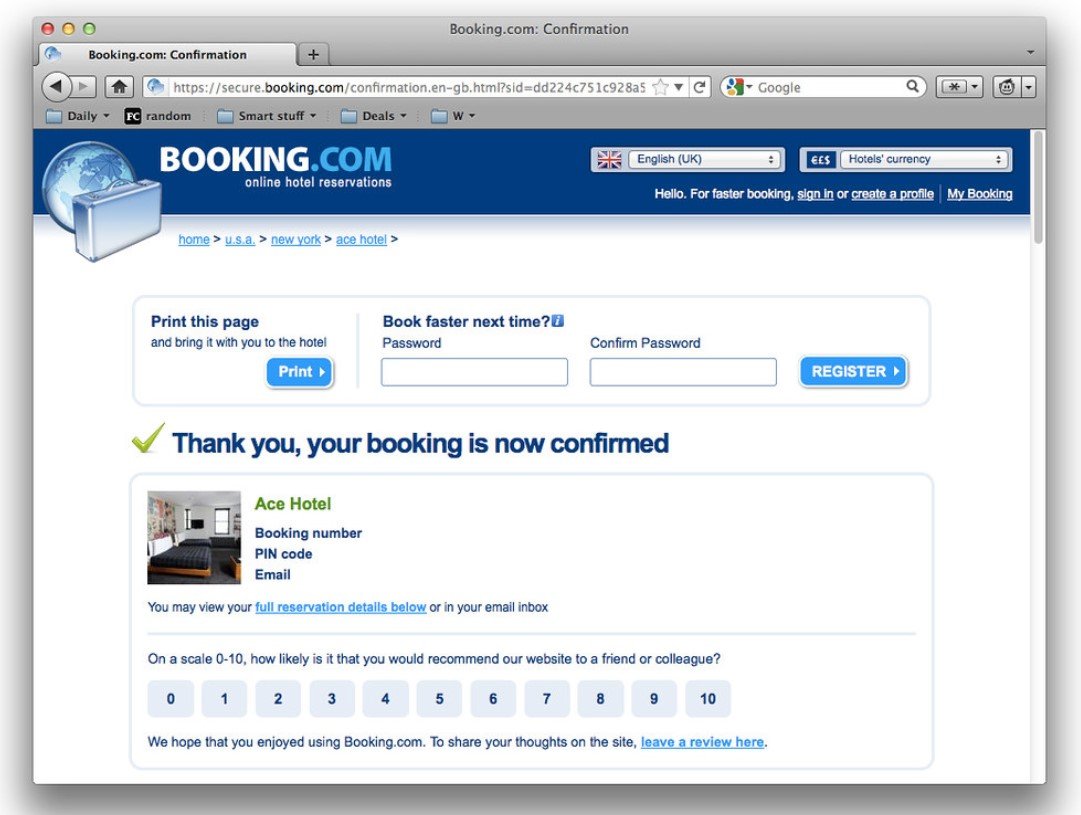Booking.com, the online travel agent, has been fined $530 million (R10 billion) by the Spanish National Markets and Competition Commission (CNMC) for anti-competitive practices such as preventing local hotels from offering deals and discounts on their sites. The company has strongly disagreed with the draft decision and the proposed fines, and plans to appeal if the decision becomes final. The fine is one of the largest ever imposed by the Spanish regulators, and comes amid the looming regulatory action by the European Union against Booking.com based on the Digital Markets Act.
Booking.com accused of infringing competition law
The CNMC has accused Booking.com of infringing competition law in Spain by imposing restrictive clauses on the hotels that use its platform. These clauses include:
- Prohibiting or limiting the hotels from offering lower prices or better conditions on their own websites or other channels than those offered on Booking.com.
- Obliging the hotels to offer the same or a higher number of rooms on Booking.com than on their own websites or other channels.
- Forcing the hotels to pay commissions to Booking.com even when the bookings are cancelled or the customers do not show up.
- Requiring the hotels to inform Booking.com of any changes in their prices or availability before or at the same time as they inform their own websites or other channels.
The CNMC has argued that these clauses harm the competition and the consumers, as they reduce the incentives for the hotels to compete on price and quality, and limit the choice and the information available for the customers. The CNMC has also claimed that these clauses create a barrier to entry and expansion for other online travel agents and platforms that could offer better conditions to the hotels and the customers.

Booking.com disagrees with the draft decision and the proposed fines
Booking.com has strongly disagreed with the draft decision and the proposed fines, and has defended its business model and practices. The company has stated that:
- It provides a valuable service to the hotels and the customers, as it helps the hotels to reach a global audience and increase their occupancy and revenue, and helps the customers to find and book the best accommodation for their needs and preferences.
- It does not impose any exclusivity or parity clauses on the hotels, as the hotels are free to offer different prices and conditions on their own websites or other channels, and to choose the number of rooms they want to list on Booking.com.
- It does not charge any commissions to the hotels for cancelled or no-show bookings, as it only charges commissions for confirmed and completed bookings.
- It does not require the hotels to inform Booking.com of any changes in their prices or availability before or at the same time as they inform their own websites or other channels, as it only asks the hotels to keep their information on Booking.com updated and accurate.
The company has also said that it could not disagree more with the draft decision and the arbitrarily large fines that they have proposed, which are completely disproportionate to the alleged conduct. The company has also said that it plans to appeal the fine if the decision becomes final, and that it expects the appeal process to take several years.
Booking.com faces regulatory action by the European Union
The fine by the Spanish regulators comes amid the looming regulatory action by the European Union against Booking.com based on the Digital Markets Act (DMA). The DMA is a new legislation that came into effect in May 2023, and that aims to ensure a fairer and more contestable digital sector, and to prevent the monopolisation of online platforms. The DMA designates large digital platforms as ‘gatekeepers’, and imposes obligations and prohibitions on them to prevent them from abusing their dominant position and harming the competition and the consumers.
The European Commission, the executive branch of the EU, has considered naming Booking.com as a gatekeeper, as it is the largest online travel agent and accommodation provider in Europe, and has a significant impact on the digital market. However, the decision is still contested, and Booking.com has to file its notification for designation under the DMA soon. The company has said that it believes that the main concerns raised by the Spanish authority overlap with the DMA, and that it will continue to work closely with the regulatory bodies to maintain consistent rules.








